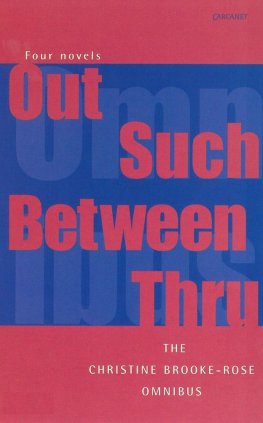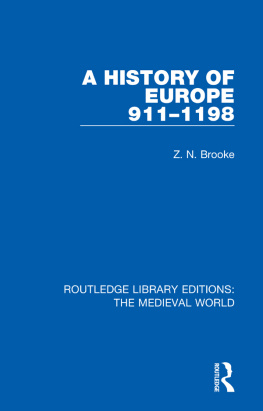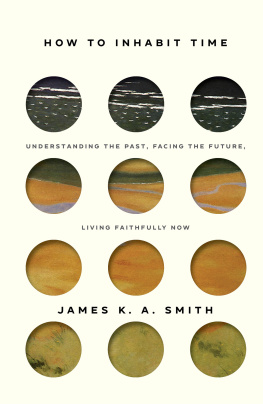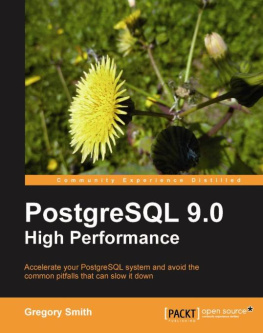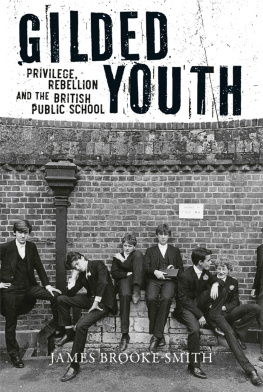James Brooke-Smith - Accelerate!: A History of the 1990s
Here you can read online James Brooke-Smith - Accelerate!: A History of the 1990s full text of the book (entire story) in english for free. Download pdf and epub, get meaning, cover and reviews about this ebook. genre: Romance novel. Description of the work, (preface) as well as reviews are available. Best literature library LitArk.com created for fans of good reading and offers a wide selection of genres:
Romance novel
Science fiction
Adventure
Detective
Science
History
Home and family
Prose
Art
Politics
Computer
Non-fiction
Religion
Business
Children
Humor
Choose a favorite category and find really read worthwhile books. Enjoy immersion in the world of imagination, feel the emotions of the characters or learn something new for yourself, make an fascinating discovery.
- Book:Accelerate!: A History of the 1990s
- Author:
- Genre:
- Rating:4 / 5
- Favourites:Add to favourites
- Your mark:
- 80
- 1
- 2
- 3
- 4
- 5
Accelerate!: A History of the 1990s: summary, description and annotation
We offer to read an annotation, description, summary or preface (depends on what the author of the book "Accelerate!: A History of the 1990s" wrote himself). If you haven't found the necessary information about the book — write in the comments, we will try to find it.
Accelerate!: A History of the 1990s — read online for free the complete book (whole text) full work
Below is the text of the book, divided by pages. System saving the place of the last page read, allows you to conveniently read the book "Accelerate!: A History of the 1990s" online for free, without having to search again every time where you left off. Put a bookmark, and you can go to the page where you finished reading at any time.
Font size:
Interval:
Bookmark:
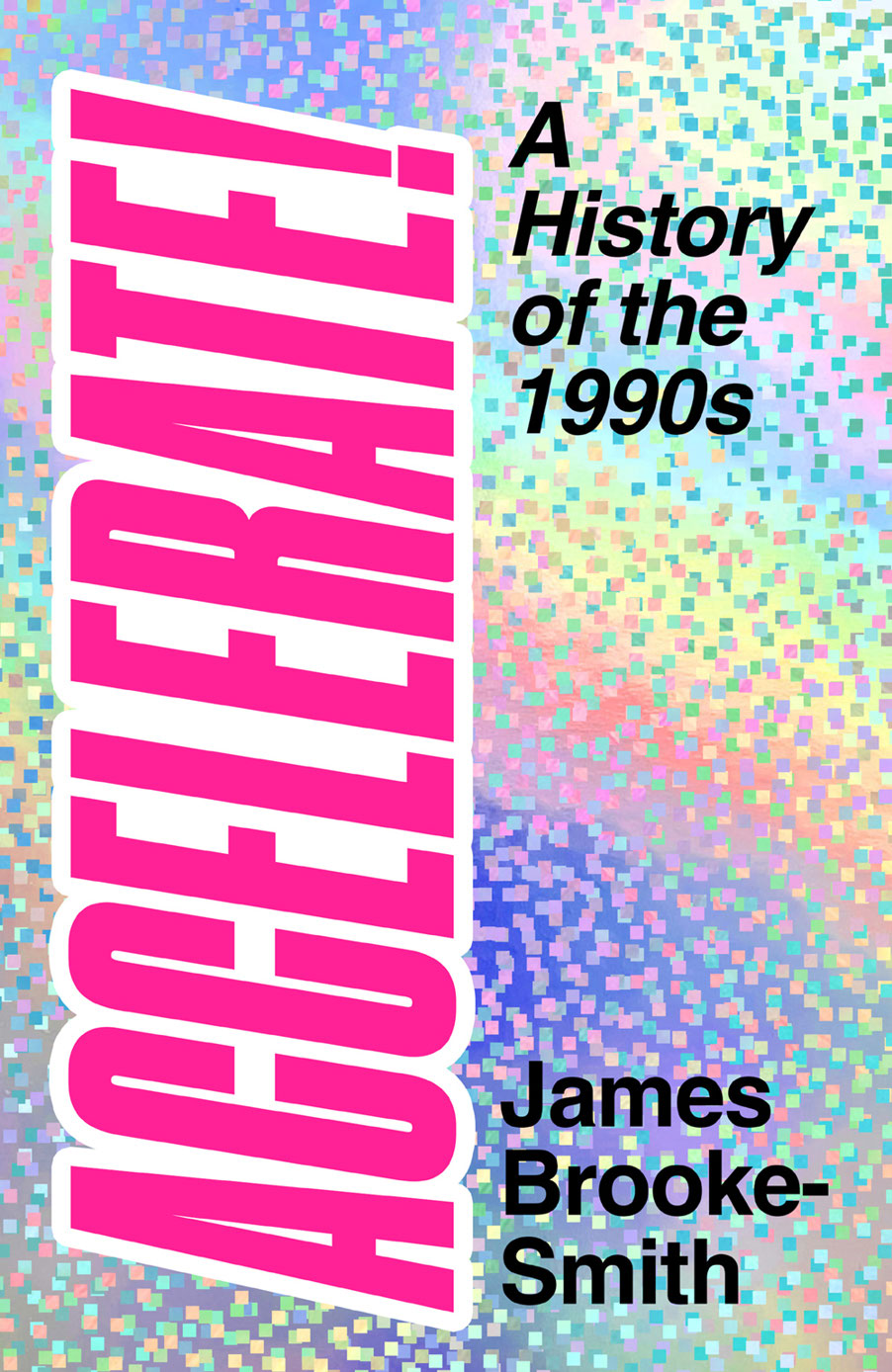
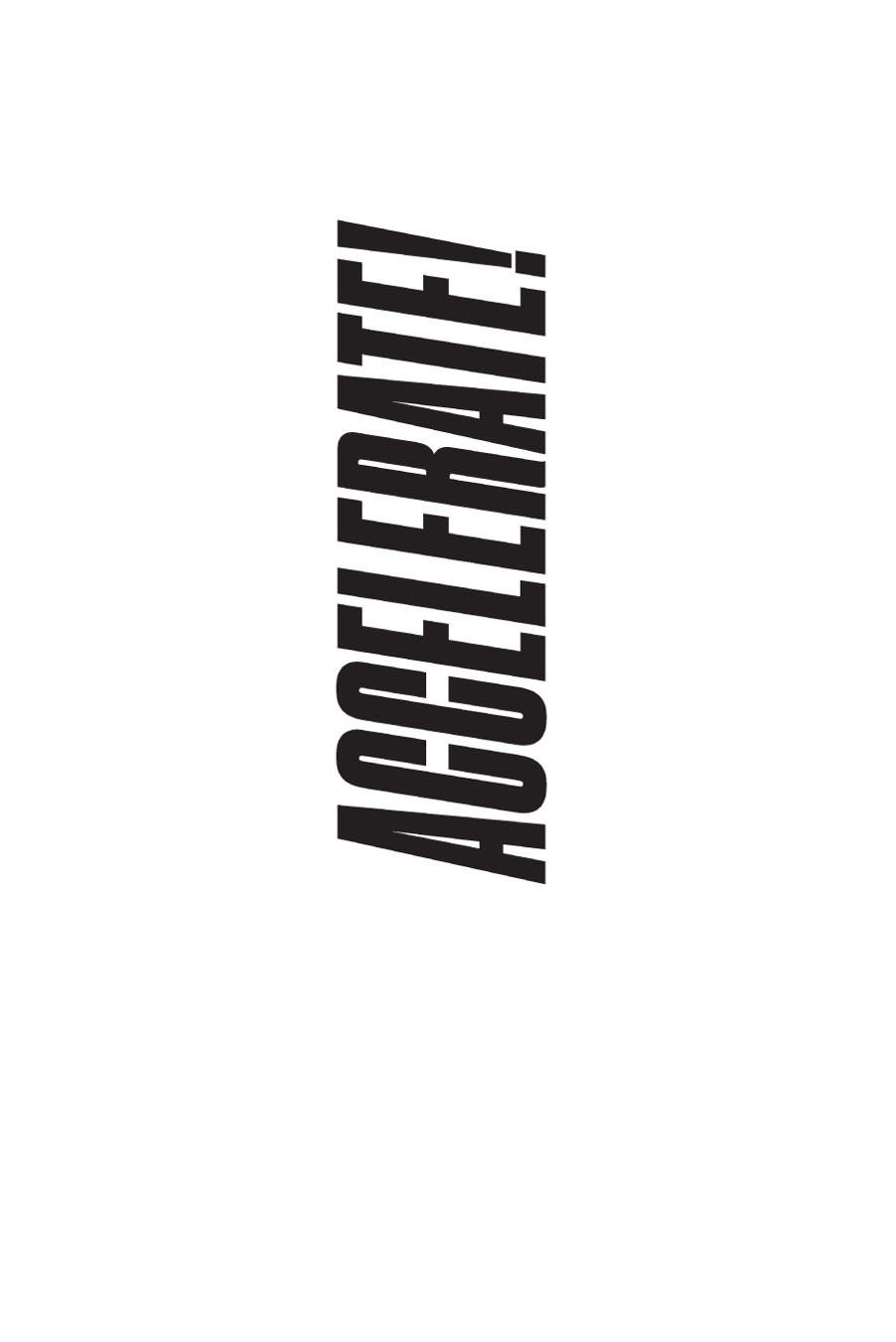
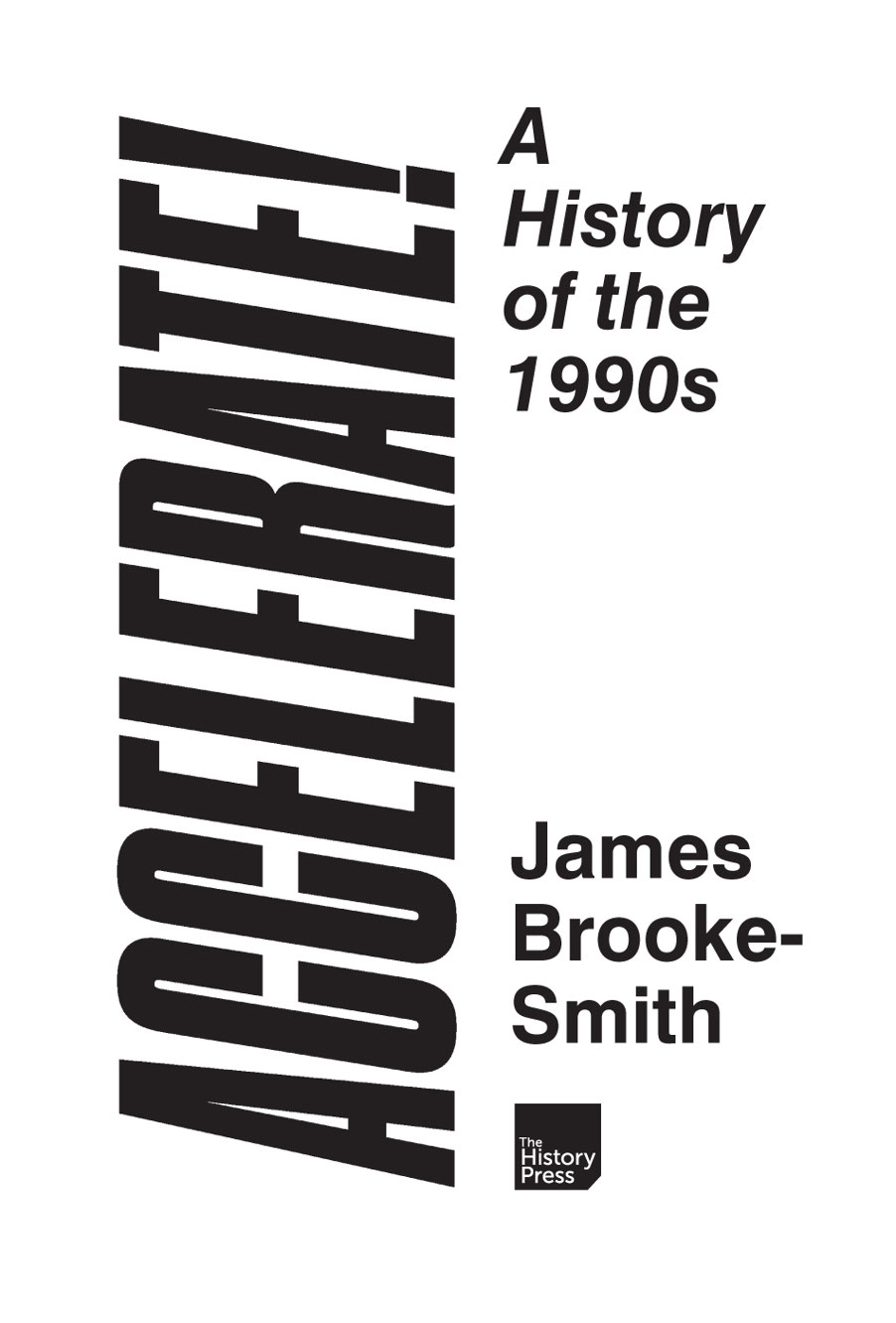
First published 2022
The History Press
97 St Georges Place, Cheltenham,
Gloucestershire, GL50 3QB
www.thehistorypress.co.uk
James Brooke-Smith, 2022
The right of James Brooke-Smith to be identified as the Author
of this work has been asserted in accordance with the
Copyright, Designs and Patents Act 1988.
All rights reserved. No part of this book may be reprinted or reproduced or utilised in any form or by any electronic, mechanical or other means, now known or hereafter invented, including photocopying and recording, or in any information storage or retrieval system, without the permission in writing from the Publishers.
British Library Cataloguing in Publication Data.
A catalogue record for this book is available from the British Library.
ISBN 978 1 8039 9149 8
Typesetting and origination by The History Press
Printed and bound in Great Britain by TJ Books Limited, Padstow, Cornwall.
eBook converted by Geethik Technologies

Thank you to everyone who helped over the course of this books writing. Thanks to my research assistants, Jason Liboiron, Anthony Matarazzo, Kirsten Bussire, Alan Orr and Ryan Pepper. Thank you to Ryan, in particular, for help with last-minute fact-finding missions and copy-editing conundrums. A big thank you to Sally Holloway, my agent, and to Simon Wright and Mark Beynon, my editors at The History Press, for believing in the project and helping to whittle the manuscript into shape. But, most of all, a huge thank you to my family, Sara, Leo and Freya, for love and support and high jinks through the long days of lockdown. I love you.

WRITING HISTORY by the decade is like trying to put a hairnet on an octopus. The more you try to squeeze the recalcitrant stuff of history into a neat ten-year slice, the more it oozes through the gaps. The forces that shape our lives run deeper and longer than any ten-year perspective can grasp. Dig deep enough into the causes of any historical event, and you find yourself slipping backwards through time in search of stable ground.
The decade is an arbitrary product of calendrical time, which stems from the accident of our having ten fingers and ten toes, the source of our decimal number system. Had our bodies evolved differently, bookshops might be stocked with volumes that divide the chaos of history into neat seven-, twelve- or fifteen-year chunks all essentially arbitrary units.
Our penchant for histories of single decades is a relatively recent phenomenon, a product of the historical short-sightedness of the modern age and our desire to chop reality into bite-sized pieces. If you cast your mind back and try to remember the great decades of history, the further you go, the harder it becomes. The twentieth century is full of good, chunky decades. The greed is good eighties, the anxious seventies, the swinging sixties, even the low, dishonest thirties and the roaring twenties. But once you get beyond, say, the 1890s the era of the Oscar Wilde trial and the crumbling of the not-sotimeless Victorian verities easily recognisable decades are hard to find. No one outside the academic conference circuit talks about the 1870s, let alone the 1470s.
And yet theres no getting past the fact that we have ten fingers and ten toes. As a historical unit, the decade has a pleasing weight to it. It fits nicely in the palm of your hand. A single decade usually contains at least one or two changes of government, one or two transformative technological breakthroughs, some major new social trends, a few significant cultural movements and a handful of deaths of major historical figures. The decade may be an arbitrary construct, but it is, as the anthropologists say, good to think with.
This is particularly true of the 1990s, the subject of this book. The 1990s come ready packaged as a decade not quite a ten-year slice, but near enough. The 1990s began in the autumn of 1989 with the fall of the Berlin Wall and the rapid, almost entirely bloodless collapse of the Soviet Union. And they ended on 11 September 2001 with the attacks on the World Trade Center in New York, a spectacular assault launched by a millenarian Islamic sect seeking to end the hegemony of America and the Christian West and replace it with a global caliphate. On the one hand, a tumbling wall and the end of the Cold War; on the other, collapsing towers and the beginning of the global war on terror.
My aim is to explore what happened in between these two epoch-making events. For many in the affluent West, the 1990s were a time of relative political stability and cultural optimism, perhaps the last such epoch in recent memory. This was the decade in which the American political scientist Francis Fukuyama declared that history had ended with the fall of communism and that liberal democracy would inevitably spread throughout the world. The election victories of Bill Clinton in the US and Tony Blair in the UK signalled the triumph of third-way politics, which sought to replace the ideological divisions of the past with an inclusive vision of modernisation and progress. Political parties of both the left and right sought to occupy the political centre ground. This was a much-touted post-ideological age, in which politics fused ever more intimately with the public relations and media industries. Class consciousness was pass; turnout at elections declined across much of the Western world.
And yet Harold Macmillans famous statement about the role of the unexpected in history still held true. In 1963, when the British prime minister was asked by a journalist what could possibly knock his reforming governments plans off course, he replied, Events, dear boy, events. Over the course of the 1990s, the events piled up as usual. Presidents Bush and Clinton deployed US forces overseas on no fewer than seven separate occasions, from the First Gulf War in 1991 via Somalia, Haiti, Bosnia, Iraq again in 1998, Sudan, Kosovo, and then the invasion of Afghanistan after 9/11. The 1990s saw the fall of dictators, from Pinochet in Chile to Suharto in Indonesia; the release of Nelson Mandela from prison and the end of apartheid in South Africa; the 1998 Good Friday agreement and end of the Troubles in Northern Ireland. Genocides in Rwanda and Kosovo signalled a grim return of the systematic mass slaughter that had characterised mid-twentieth-century European history. While Europe and North America enjoyed the dubious pleasures of consumerist anomie and postmodern weightlessness, history still raged elsewhere.
After an early period of recession, the 1990s witnessed one of the longest cycles of economic growth in modern times, roughly from 1992 until the collapse of the dot-com bubble in 2000 and the shock of the World Trade Center attacks in 2001. The long boom was fuelled by technological change and productivity increases, but in many countries, especially the US and the UK, the Anglo-Saxon centres of free-market economics, it was also driven by the deregulation of vast swathes of the economy, in particular banking, telecommunications and energy. In many ways, the 1990s were a slicker, more tasteful version of the 1980s, a period of full-throated free-market economics, but this time overseen by centrist politicians who wanted to channel some of the proceeds of growth into social programmes such as education and health.
Next pageFont size:
Interval:
Bookmark:
Similar books «Accelerate!: A History of the 1990s»
Look at similar books to Accelerate!: A History of the 1990s. We have selected literature similar in name and meaning in the hope of providing readers with more options to find new, interesting, not yet read works.
Discussion, reviews of the book Accelerate!: A History of the 1990s and just readers' own opinions. Leave your comments, write what you think about the work, its meaning or the main characters. Specify what exactly you liked and what you didn't like, and why you think so.


